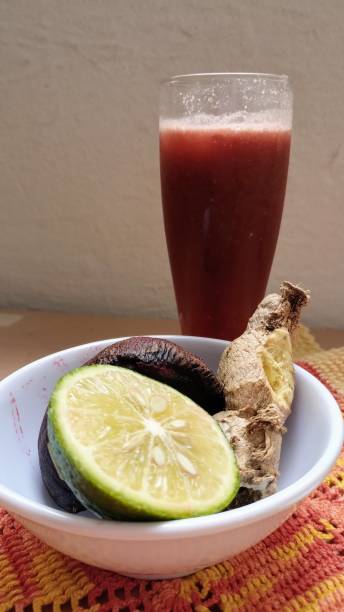Historical Context and Popular Beliefs: The belief in vitamin C’s ability to prevent colds traces back to the work of Nobel laureate Linus Pauling, who advocated for high-dose vitamin C supplementation to boost the immune system and prevent illnesses, including the common cold. This belief gained popularity and became entrenched in common wisdom.
Vitamin C and Immune Function: Vitamin C is an essential nutrient with antioxidant properties that support immune function. It plays a role in maintaining the integrity of the immune system, which is why it’s often associated with preventing infections.
Studies on Vitamin C and Colds: Research investigating the relationship between vitamin C and cold prevention has yielded mixed results. Some studies have suggested a modest reduction in the duration or severity of cold symptoms with vitamin C supplementation, especially in certain populations like athletes or individuals under physical stress. However, the evidence is inconclusive, with conflicting results across different studies.
Effectiveness and Dosage: Studies examining the impact of vitamin C on cold prevention have shown that regular supplementation might reduce the duration of a cold by a marginal amount, typically by about a day. However, the degree of effectiveness varies, and the overall impact might not be clinically significant for the general population.
Individual Variations and Immune Response: The response to vitamin C supplementation can vary among individuals. Factors such as genetics, lifestyle, overall health, and baseline vitamin C levels can influence how the body responds to supplementation in preventing colds.
Common Cold and Viral Infections: The common cold is caused by a wide range of viruses, primarily rhinoviruses. Vitamin C, while supporting immune function, may not have a profound effect on preventing these viral infections due to their diverse nature and the body’s complex immune response to infections.
Balanced Nutrition and Overall Health: While vitamin C is an essential nutrient, relying solely on supplementation might not be the most effective approach to preventing colds. A balanced diet rich in fruits and vegetables provides various vitamins and minerals that support overall health and immune function.
Risk of Excessive Supplementation: Consuming high doses of vitamin C beyond recommended levels can lead to adverse effects, including gastrointestinal discomfort or diarrhea. Moderation in supplementation is crucial to avoid potential side effects.
Public Health Recommendations: Public health authorities emphasize the importance of maintaining a balanced diet, including adequate intake of fruits and vegetables rich in vitamin C, as part of a healthy lifestyle. While vitamin C is beneficial, it’s just one component of overall health and immune function.
Conclusion and Recommendations: In conclusion, while vitamin C plays a role in supporting immune function, the evidence supporting its effectiveness in preventing the common cold is not definitive. While some studies suggest a slight reduction in cold duration with supplementation, its impact might not be significant for everyone. A balanced diet, healthy lifestyle, and proper hygiene practices remain essential in supporting overall health and potentially reducing the risk of colds and other infections.
In summary, the belief that vitamin C prevents the common cold is not conclusively supported by scientific evidence. While vitamin C is vital for immune function, its role in preventing colds might be less significant than commonly believed. A well-rounded approach to health, including a balanced diet, regular exercise, adequate sleep, and hygiene practices, remains key in maintaining overall health and potentially reducing the risk of infections.



